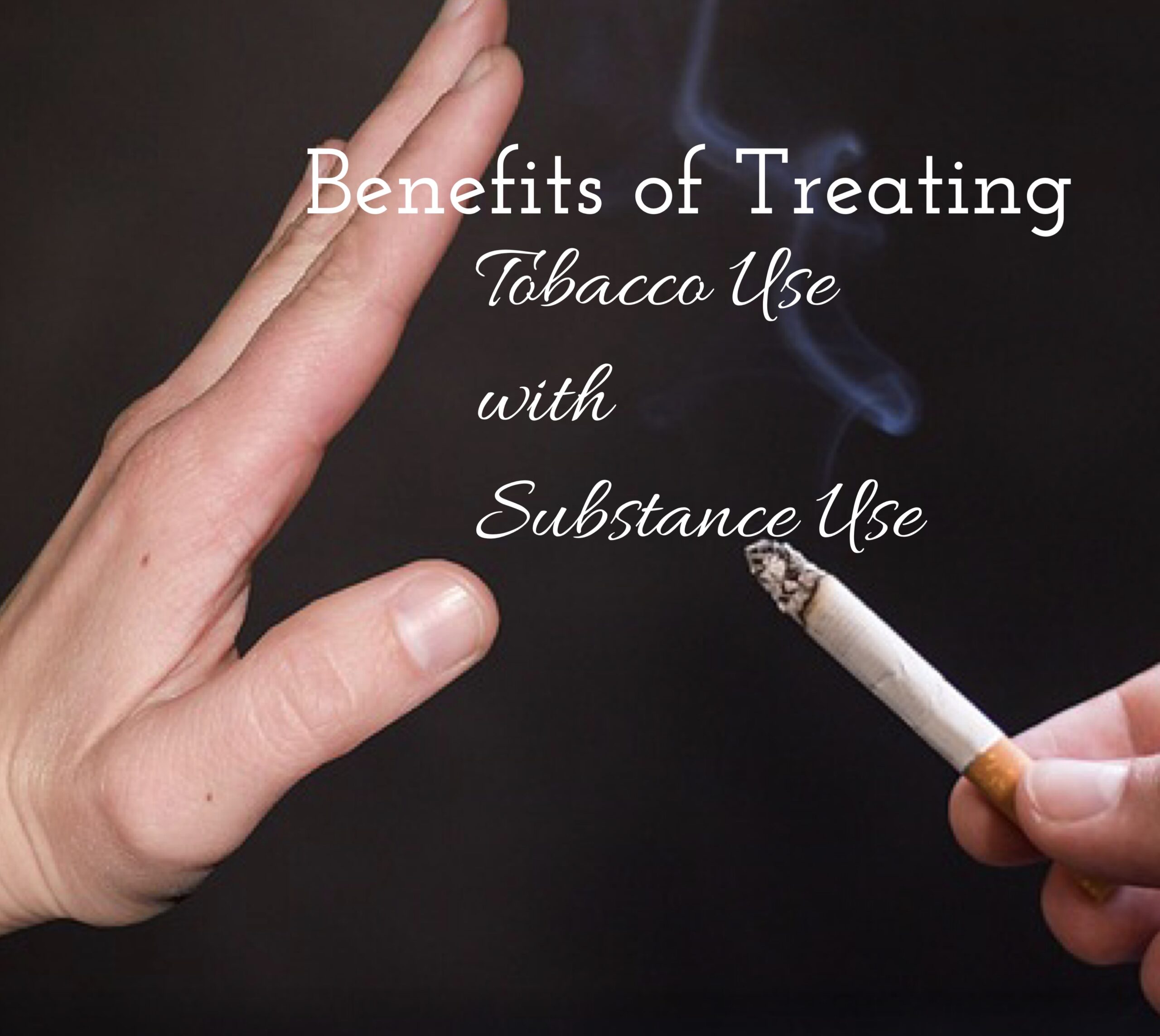
The Benefits of Treating Tobacco Use with Substance Use
It’s common knowledge that tobacco use in the US has drastically fallen in the past few decades. However, tobacco use rates among those with substance use remain very high. For example, over 60% of people with a substance use disorder have used tobacco in the last month, compared to 25% of people in the general public.
Why quit?
Whether or not you think tobacco affects your work, family life or lifestyle the way that other substance use disorders do; there are many other reasons. Smoking causes respiratory issues, like coughing and wheezing, which can also lead to lung infections. On top of that, there is a greatly increased risk of heart disease, stroke and many types of cancer.
Withdrawal Symptoms
When you quit, there are many withdrawal symptoms. Some are similar to withdrawal symptoms from other substances like depression, irritability, increased appetite and restlessness. These physiological conditions usually last about a week. However, the psychological conditions such as anxiety, can last for years in some cases.
What are some things you can do?
Ask for help. Lifeline Connections helps many patients quit the use of tobacco. Our residential treatment for substance use has a smoke free environment. Additionally, if you have any sort of trouble quitting a tobacco habit, we will provide whatever support you need. We offer counseling, massage therapy and an exercise room. Utilizing all of these resources can be very productive ways to quit.
However, if you are not in need of an immersive residential treatment environment, consider these other options: You can try typical counseling and support groups. With these options, you can not only identify your triggers and deal with negative side effects from quitting, but you can also find a community of supporters to help you along the way. You can also use 1-800-QUIT NOW as a resource for education and support.
Many people ask their healthcare providers about cessation medications. While these can be helpful, they do not necessarily replace the long-lasting effects of therapy and social support.
We are ready to help you. Give us a call or send us an email if you feel you are ready to get help for your substance abuse disorder.
Phone: (360) 397-8246 ext. 30500
Email: [email protected]
Source: HelpGuide
